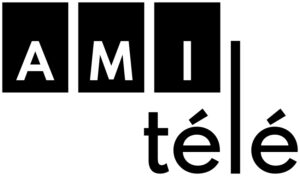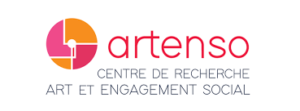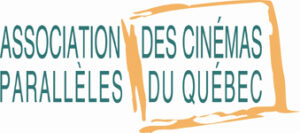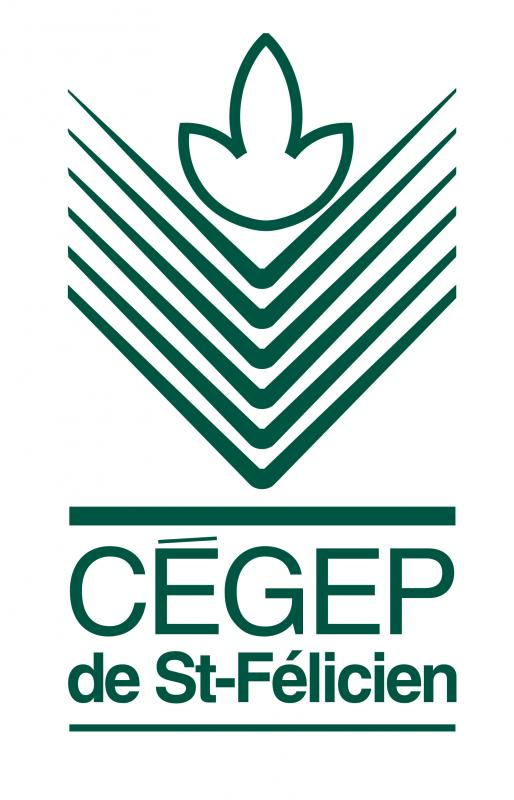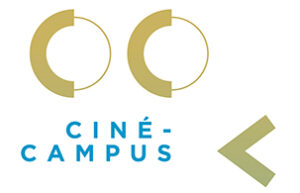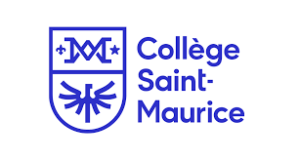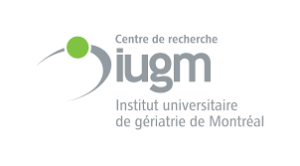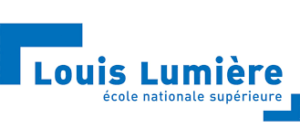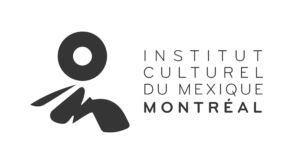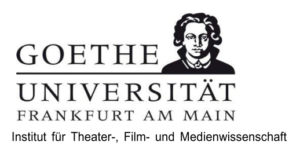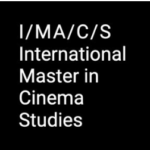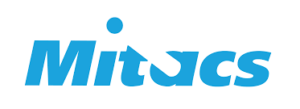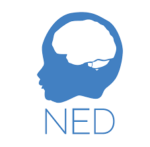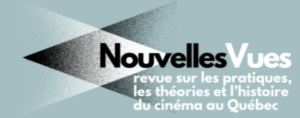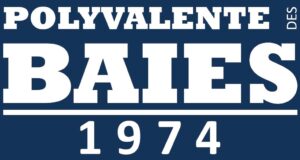
Ensuring Well-Being in the Screen Age. A Partnership Supporting the Inclusive Use of Cinematic Experiences in Health, Education, and Society
The purpose of this partnership project is to consolidate and extend a research program founded in 2018 under the name CINEX at Laboratoire CinéMédias of the Université de Montréal on the function and potential benefits of the cinematic experience within different contexts (such as at home, at school, before sleep, in the health system) and in relation to marginalized populations (children, the elderly, the visually impaired). Gathering a diverse, interdisciplinary group of experts from seven countries, the cinEXmedia partnership aims to produce original research and collaborative initiatives that will impact the fields of education and health through innovative uses of screens and cinema in particular teaching and care contexts.
This partnership responds to a critical need: the establishment of a theoretical, historical and empirical reflection on cinematic experiences and screen-based content for use in public institutions, as well as the study, from an intersectoral perspective, of the underlying principles— such as rhythm—that structure these experiences. It will provide a new generation of researchers with the training, tools and resources necessary to study the common denominator of the screen age, the cinematic experience, in all its aspects (cognitive, neurological, psychological, physical, cultural, aesthetic and technological). Similarly, through the complementary nature of their visions, needs and specific expertise, partners as well as researchers from related fields (notably in education and health sciences) will contribute to reconsidering the possibilities of the cinematic experience and to better understand the role and place of screens in our digital societies, through the implementation of innovative intersectoral research approaches. Our research on digital co-viewing environments will also help to counter isolation experienced by certain populations, while research and activities in the use of audio description techniques and inclusive media will increase the accessibility of screen-based content for different groups of viewers generally marginalized by the audiovisual economy. All of these initiatives are thus part of an inclusive and intersectoral approach to the cinematic experience to study the psycho-social, pedagogical and therapeutic benefits as well as to set clear parameters aimed at improving the well-being of our populations, at a time when exposure to screens and audiovisual media has increased considerably.
The two research focuses of the partnership—“The Science of Screens” and “Inclusive Cinema”—encompass a broad range of research questions that will produce groundbreaking knowledge on the benefits of cinematic experiences as well as on the effects of screens and moving image media on health, education and society. Allowing for the cross-integration of academic and field research, the partnership will serve to bridge the gaps between, on the one hand, image and screen sciences and less studied contexts of the reception as well as, on the other, between the health and education sciences and the humanities. The first research focus—“The Science of Screens”—aims to integrate new disciplines into the study of the effects and benefits of cinematic experiences, by examining the way the health sciences have typically approached this question. The second research focus—“Inclusive Cinema”—will study the integration of cinema and audiovisual technologies in different areas of society. This research focus, which consists in research, field work, outreach activities and the development of protocols for use in different institutions, will focus on three underexplored contexts in the use of cinematic experiences and visual literacy learning: non-university educational institutions (primary schools, secondary schools, CEGEPs); health institutions (such as nursing homes or long-term care facilities); marginalized communities (such as people with a hearing or visual impairment).
Five transversal and intersectoral research themes organize the broader field created by the two research focuses. The themes reflect the specific areas that will eventually constitute the new intersectoral field of study on the cinematic experience the partnership intends to create. Research Theme 1, "Therapeutic Cinema", aims to develop innovative intersectoral and inclusive approaches— based on a cinema and media studies perspective— for studying the impact of screens and audiovisual content (cinema, television, and clips) on physical and mental well-being. Research Theme 2, "Cinema and Learning", focuses on the use of film and audiovisual technologies in the educational system at three levels: primary schools, secondary schools, and CEGEPs. Research Theme 3, "New Media Communities", is interested in the social interactions resulting from a greater presence of screens occasioned by the COVID-19 pandemic as well as the emergence of new media communities, which contribute to a significant reconfiguration of public spaces, the stage, performances, and audiences. Research Theme 4, "Counter Histories", will study the history of the use of films within scientific studies. Moreover, since several archives are holders of what are referred to as “orphan films”– the modern-day equivalent of “lost films” – that include educational, advertising, medical or ethnographic films, as well as films used in scientific studies, the partnership project wishes to recover and digitize these films, and to make them available for study. Research Theme 5, "Convergence Through Rhythm", will examine rhythm from different perspectives, showing how cinema has exerted influence in the fields of culture and science.
Governance
The governance of the cinEXmedia partnership is based on a collaborative structure that supports scientific coordination, administrative management, and the development of cross-sector projects. It relies on several complementary committees that ensure the consistency, representativeness, and vitality of the partnership in all of its research, creation, and dissemination activities.
Executive Committee
The Executive Committee is responsible for the scientific direction of the partnership, administrative and budgetary management, and the overall smooth running of the project. It is composed of the Executive Director, Santiago Hidalgo, the two Co-Directors, André Gaudreault and Isabelle Raynauld, and the Coordinator. This committee meets four times a year to monitor activities and ensure the overall consistency of the scientific program.
Organizational Committee (intersectoral)
The Organizing Committee (intersectoral) is responsible for strategic planning and coordination of intersectoral research within the partnership. It brings together the three members of the Executive Committee and one representative for each of the partnership's five themes, drawn from the health sciences and humanities. This committee defines scientific directions, develops a medium- and long-term action plan, and monitors the partnership's objectives. It meets twice a year, in a hybrid format, and plays a central role in the implementation of intersectoral research activities, such as the annual Intersectoral Meetings, as well as in the development of the journal Écrans croisés: revue intersectorielle des arts, des sciences et des savoirs audiovisuels, supported by the FRQSC.
Thematic committees (Screen Sciences Committee and Inclusive Cinema Committee)
The partnership's scientific activities are structured around two thematic committees, corresponding to cinEXmedia's two main areas of research: the Screen Sciences Committee and the Inclusive Cinema Committee. Each committee is composed of six members, including three researchers and three partner representatives, appointed for a two-year term. Their mission is to design and develop, in collaboration with partners, thematic projects based on the guidelines defined by the organizing committee, thereby contributing to the scientific influence and intersectoral relevance of the partnership.
Knowledge Mobilization and Training Committee
The Knowledge Mobilization and Training Committee is responsible for promoting the dissemination of research results and coordinating training activities related to the partnership's major issues. It is made up of two partners, two researchers, one student, and the coordinator. This committee works closely with the Student Committee, composed of four doctoral students, whose mandate is to offer partnership student members integration, exchange, and professional development activities. The Student Committee organized two student conferences in 2024 and 2025, which showcased the work of young researchers and strengthened the partnership's student community.
Innovation and Technology Committee
The Innovation and Technology Committee is responsible for developing and monitoring cinEXmedia's digital projects. In particular, it oversees the design of a digital platform currently under development, in collaboration with Hors Champ as well as the Cadavre Exquis project, dedicated to the digitization and promotion of scientific films. Through its work, this committee supports the integration of emerging technologies into the partnership's research and creative activities.
EDID Committee (Equity, Diversity, Inclusion, and Decolonization)
The EDID Committee (Equity, Diversity, Inclusion, and Decolonization) acts as a cross-functional committee working in consultation with all other committees. It ensures that the principles of equity, diversity, inclusion, and decolonization are integrated into all stages of the partnership, both in research practices and in the design of projects and activities. The committee meets once a quarter and proposes initiatives aimed at raising awareness of EDID issues within the partnership community. In particular, it has coordinated several projects carried out in collaboration with Wapikoni Mobile and Espacio Mexico.
Executive Team
Executive director: Santiago HIDALGO
Co-directors: André GAUDREAULT and Isabelle RAYNAULD
Other Team Members (co-researchers and collaborators)
ACLAND, Charles
(Concordia University)
ALLEN W., Richard
(City University of Hong Kong)
ANSALDO, Ana Ines
(Université de Montréal)
ASSELIN, Olivier
(Université de Montréal)
BÉGIN, Richard
(Université de Montréal)
BERGALA, Alain
(Université Sorbonne Nouvelle - Paris 3)
BONI, Marta
(Université de Montréal)
BOURGEOIS, Nathalie
(Le cinéma 100 ans de jeunesse)
BOUTIN, Perrine
(Université Sorbonne Nouvelle - Paris 3)
CARR, Michelle
(Université de Montréal)
CARRIER, Julie
(Université de Montréal)
CASETTI, Francesco
(Yale University)
CEIA, Vanessa
(McGill University)
CHARE, Nicholas
(Université de Montréal)
DALLA BELLA, Simone
(Université de Montréal)
FAIRFAX, Daniel
(Goethe-Universität)
FROGER, Marion
(Université de Montréal)
GALIBOIS, Manon
(École Lucien-Pagé)
GALLESE, Vittorio
(Università di Parma)
GEE, Erin
(Université de Montréal)
GRAVEL, Marianne
(Cégep Garneau)
GUERRA, Michele
(Università di Parma)
GUIDO, Laurent
(Université Sorbonne Nouvelle - Paris 3)
HABIB, André
(Université de Montréal)
HACHINSKI, Vladimir
(Western University)
HANICH, Julian
(Rijksuniversiteit Groningen)
HASSON, Uri
(Princeton University)
HÉBERT, Marie-Josée
(Université de Montréal)
HEDIGER, Vinzenz
(Goethe-Universität)
HERZOG, Walter
(University of Calgary)
KAMINSKA, Aleksandra
(Université de Montréal)
KHALILI-MAHANI, Najmeh
(Concordia University)
LACERDA, Adriana
(Université de Montréal)
LAMOUREUX, Geneviève
(Université de Montréal)
LIPPÉ, Sarah
(Université de Montréal)
LOEW, Katharina
(University of Massachusetts Boston)
MARTIN, Caroline
(Université de Montréal)
NACCACHE, Lionel
(Sorbonne Université)
NIEMEYER, Katharina
(Université du Québec à Montréal)
NOLET, Anne-Marie
(Université de Moncton)
PERETZ, Isabelle
(Université de Montréal)
PINFOLD, JAMES
(University of Alberta)
POELLHUBER, Bruno
(Université de Montréal)
RIBOUILLAULT, Denis
(Université de Montréal)
SAINT-PIERRE, Marie-Josée
(Université Laval)
SOKOLOVIC, Ana
(Université de Montréal)
TALBOT, Julie
(École Sainte-Anne)
THAIN, Alanna
(McGill University)
THEOPHANIDIS, Philippe
(York University)
VERDUYCKT, Ingrid
(Université de Montréal)
WALLET, Gregory
(Université Rennes 2)
WERKER, Janet
(University of British Columbia)
ZADRA, Antonio
(Université de Montréal)
ZARZA, Zaira
(Université de Montréal)
News
What?
Who?
Search
cinEXmedia Student Activities Committee
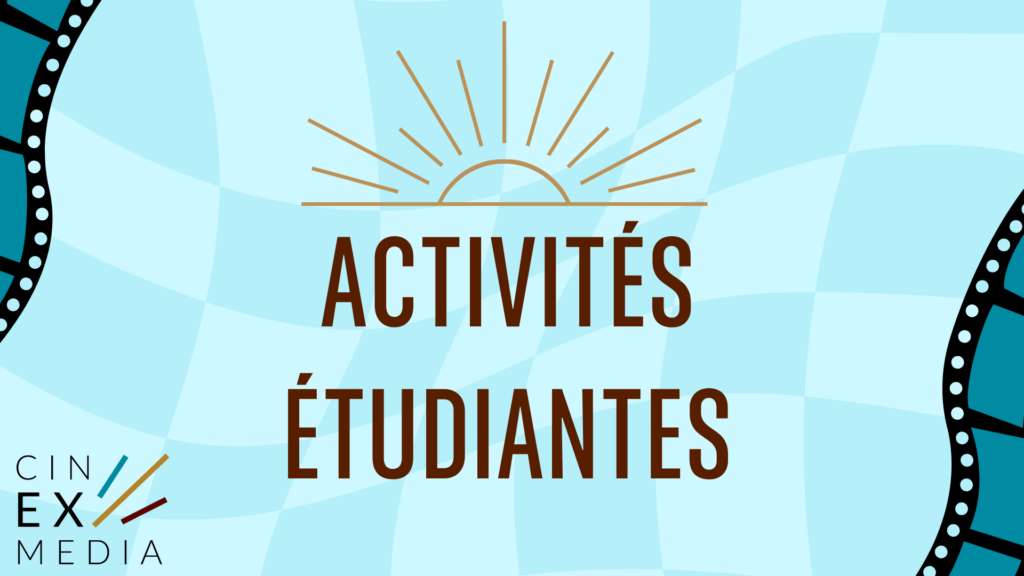
In winter 2024, the cinEXmedia partnership formed the cinEXmedia Student Activities Committee, whose mandate is to offer integration and networking activities for student members of the partnership, as well as training activities on the societal, pedagogical and therapeutic challenges of the cinematic experience. The committee develops original initiatives linked to the interdisciplinary research carried out by the cinEXmedia laboratory, and has a front-row seat for collaborative learning opportunities. Activities also aim to introduce students to interdisciplinary and cross-sectoral approaches to research, research-creation and clinical research.
Committee Members
Maude SILLS-NÉRON
Coordinator of the Student Activities Committee
Other Members
BAHRA, Mina
(Université de Montréal)
MÉLINAND, Lisa Andrée
(Université de Montréal)

